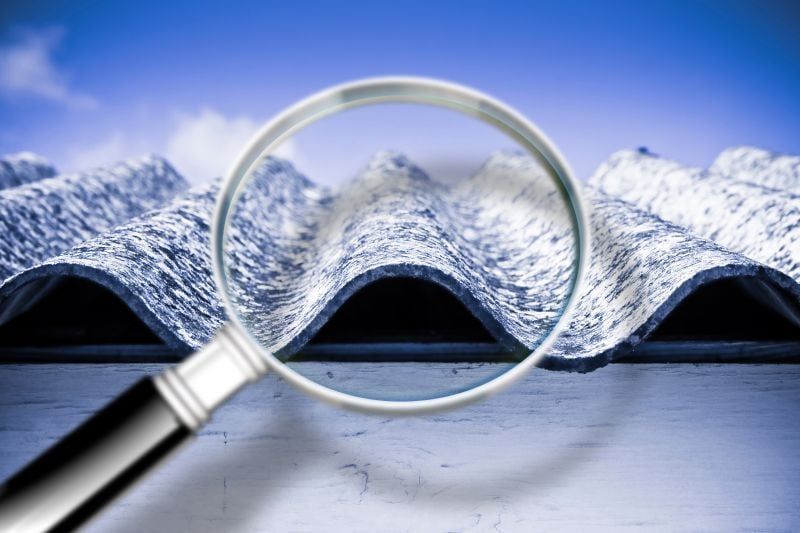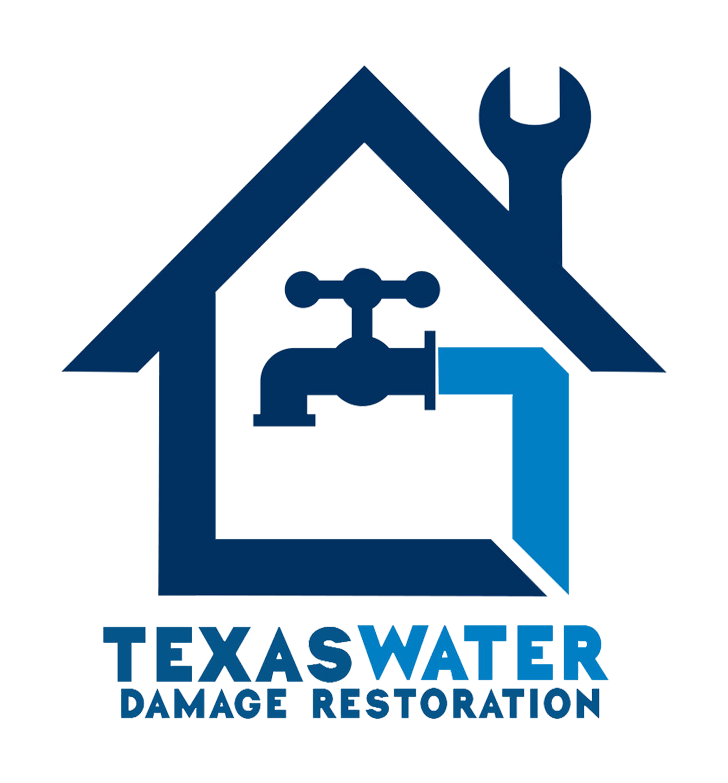
Introduction
Water damage can not only cause significant structural damage to your property but also impact your energy-efficient cooling systems. Whether it’s a leaky roof, a burst pipe, or a flooding incident, water damage can lead to mold growth, compromised insulation, and reduced cooling efficiency. In this article, we will explore the effects of water damage on energy-efficient cooling and provide actionable tips for maintaining comfort and savings in your home or business.
1. The Impact of Water Damage on Energy-Efficient Cooling
A. Mold Growth
Water damage creates a damp environment where mold spores can thrive. Mold growth not only damages surfaces and materials but also reduces indoor air quality. When mold contaminates your cooling system, it can inhibit proper airflow and lead to decreased energy efficiency.

B. Compromised Insulation
Water can penetrate insulation materials, causing them to become less effective. Insulation plays a crucial role in maintaining a consistent temperature inside your property, preventing heat gain or loss. When insulation is compromised due to water damage, your cooling system has to work harder to maintain the desired temperature, resulting in increased energy consumption.
C. Damage to Cooling Equipment
Water damage can directly affect the components of your cooling system, such as air conditioning units and heat pumps. Exposure to water can lead to corrosion, electrical malfunctions, and reduced lifespan of the equipment. Damaged cooling equipment operates less efficiently, leading to higher energy bills.
D. Increased Humidity
Water damage can contribute to elevated humidity levels in your property. High humidity makes the indoor environment uncomfortable, as the air feels sticky and hot. To compensate, your cooling system has to work harder to dehumidify the air, consuming more energy in the process.
2. Maintaining Comfort and Savings
A. Prompt Water Damage Restoration
When faced with water damage, it’s crucial to address the issue promptly. Contact a professional water damage restoration company like Texas Water Damage Restoration Pros for immediate assistance. They offer services such as water damage cleanup, mold remediation, and basement waterproofing to mitigate the impact of water damage on your cooling system.

B. Regular HVAC Maintenance
To ensure optimal cooling system performance, schedule regular maintenance with a trusted HVAC technician. They will inspect the system, clean the components, and identify any potential issues. This proactive approach can help maintain energy efficiency and prevent further damage due to water infiltration.
C. Improve Indoor Ventilation
Good ventilation helps remove excess moisture and prevent the buildup of mold and mildew. Ensure that your property has adequate ventilation in areas prone to water damage, such as bathrooms, kitchens, and basements. Additionally, consider installing exhaust fans or dehumidifiers to maintain a comfortable and dry indoor environment.
D. Upgrade to Energy-Efficient Cooling Systems
If your cooling system has suffered significant damage or is outdated, consider upgrading to energy-efficient models. Energy-efficient cooling systems are designed to consume less energy while providing the same level of comfort. Look for systems with a high SEER (Seasonal Energy Efficiency Ratio) rating to maximize savings.
3. Conclusion
Water damage poses a threat not only to your property but also to your energy-efficient cooling systems. By understanding the impact of water damage and following the recommended steps for maintenance, you can ensure comfort and savings in your home or business. Trust the experts at Texas Water Damage Restoration Pros to handle any water damage restoration needs and maintain the efficiency of your cooling systems.
